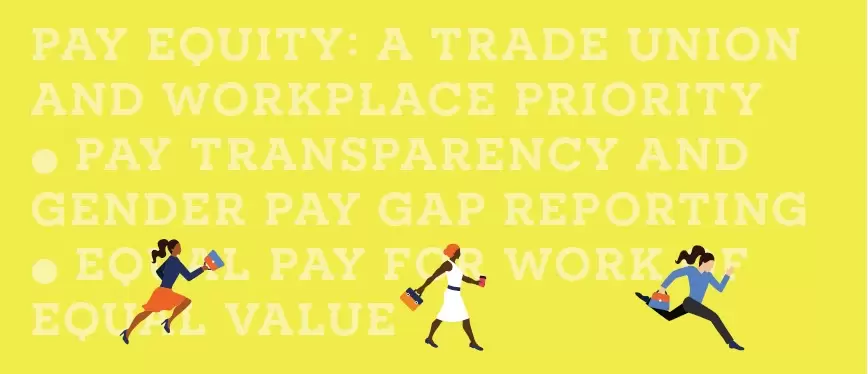International Equal Pay Day is celebrated annually on September 18 and represents the constant efforts towards the achievement of equal pay for work of equal value. It builds on the United Nations’ commitment to human rights and against all forms of discrimination, including discrimination against women and girls.
The gender pay gap, also known as the gender wage gap, is widespread throughout the world with women estimated globally to be paid 20 to 30% less than men for the same job in a similar position. Progress on narrowing this gap has been slow, despite equal pay for men and women being widely endorsed.
The key reasons why the gender pay gap exists include, but are not limited to, gender stereotypes (such as the existence of “traditionally male” and “traditionally female” occupations), discrimination in hiring women, especially if they are younger, vertical and horizontal segregation in the employment market, and lack of transparency in wage policies. Women are also still seen as the main carers, often being the parent who reduces her hours or leaves the workplace to look after children and elderly relatives. The lack of universal, funded childcare has had a huge influence on women’s role within the job market and no doubt impacted the lack of progress in closing the gender pay gap.
While understanding these issues is key, one of the main objectives of International Equal Pay Day is to encourage further efforts and strategies to achieve equal pay for equal work and within the IUF Women’s committee, we say this as a priority for all trade unions. Our Pay Equity toolkit launched this year, written by Jane Pillinger, is an excellent resource for all affiliates to use in their campaigns on equal pay. It also includes strategies for workers in the informal economy and in low-waged economies.
Our guide details measures aimed at closing the gender wage gap including, but not limited to, anti-discrimination legislation, awareness campaigns, gender-specific and inclusive social policy mechanisms, monitoring and enforcement of equal pay, overcoming the glass ceiling, campaigns against gender stereotypes in education and employment and importantly,g looking within our own structures on how we represent and collectively bargain for workers.
International Equal Pay Day reminds us that everyone should have the opportunity to achieve economic equality, and the empowerment of women should not continue to be held back by inaction. This is a human right as everyone deserves to be compensated fairly for equal work, regardless of their gender, race or other factors.
Commit to being part of that change that is still needed to achieve true equality of pay and working conditions between men and women!
